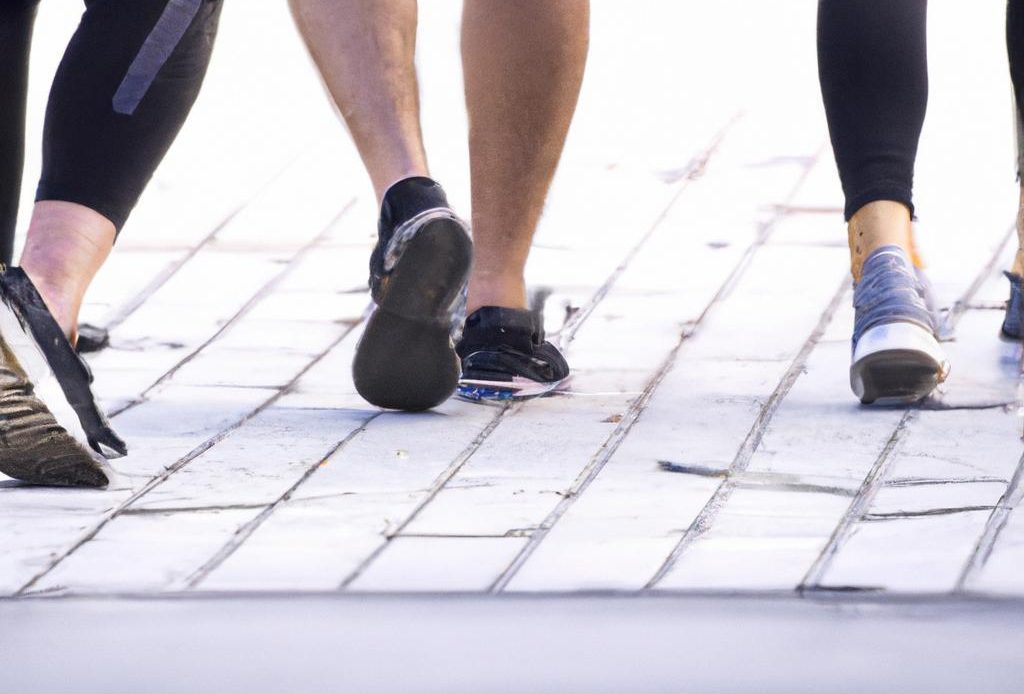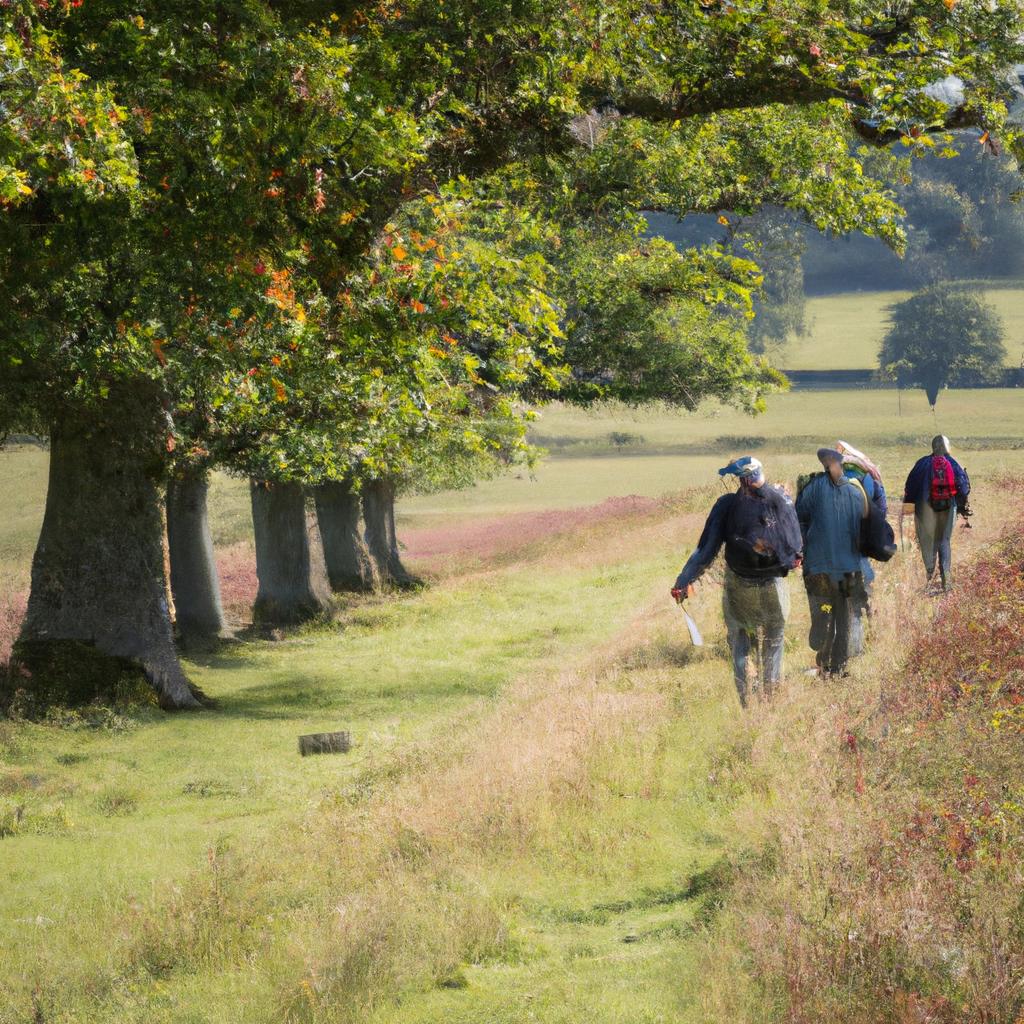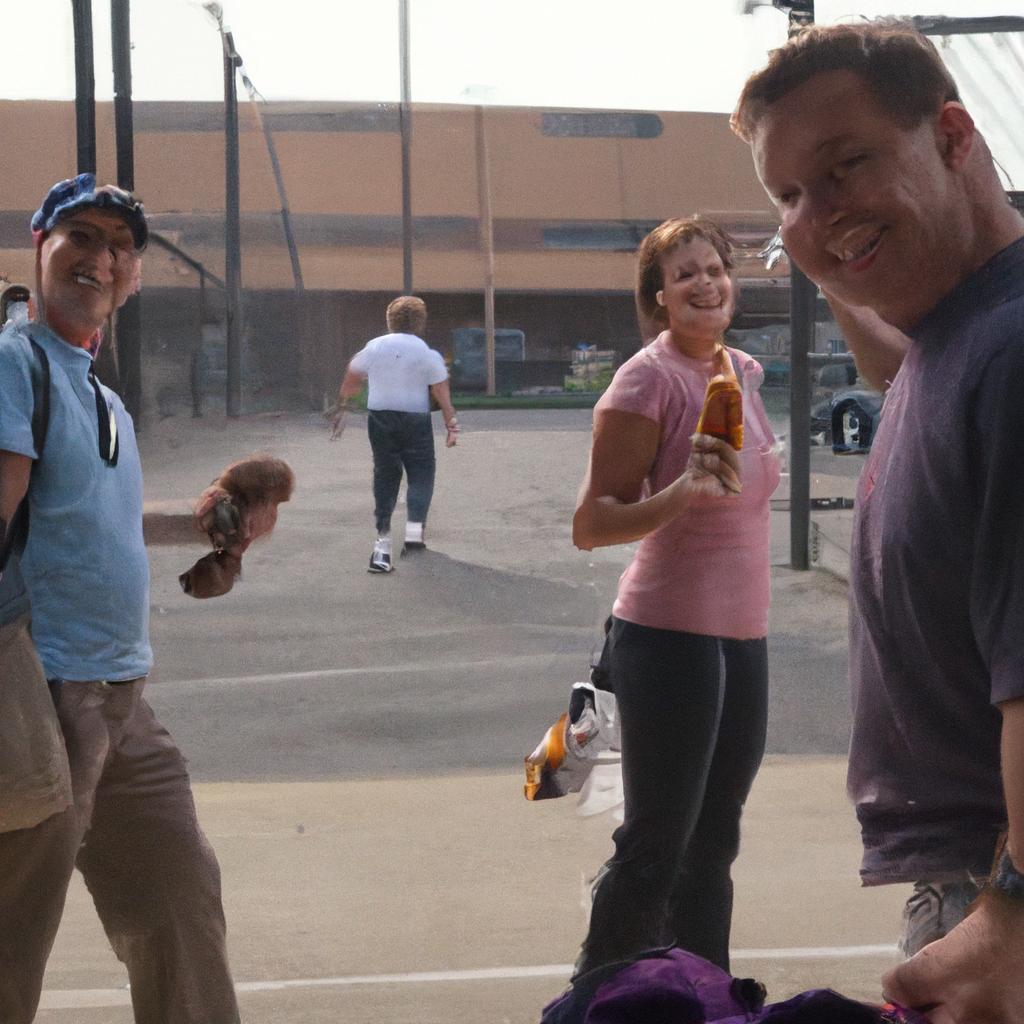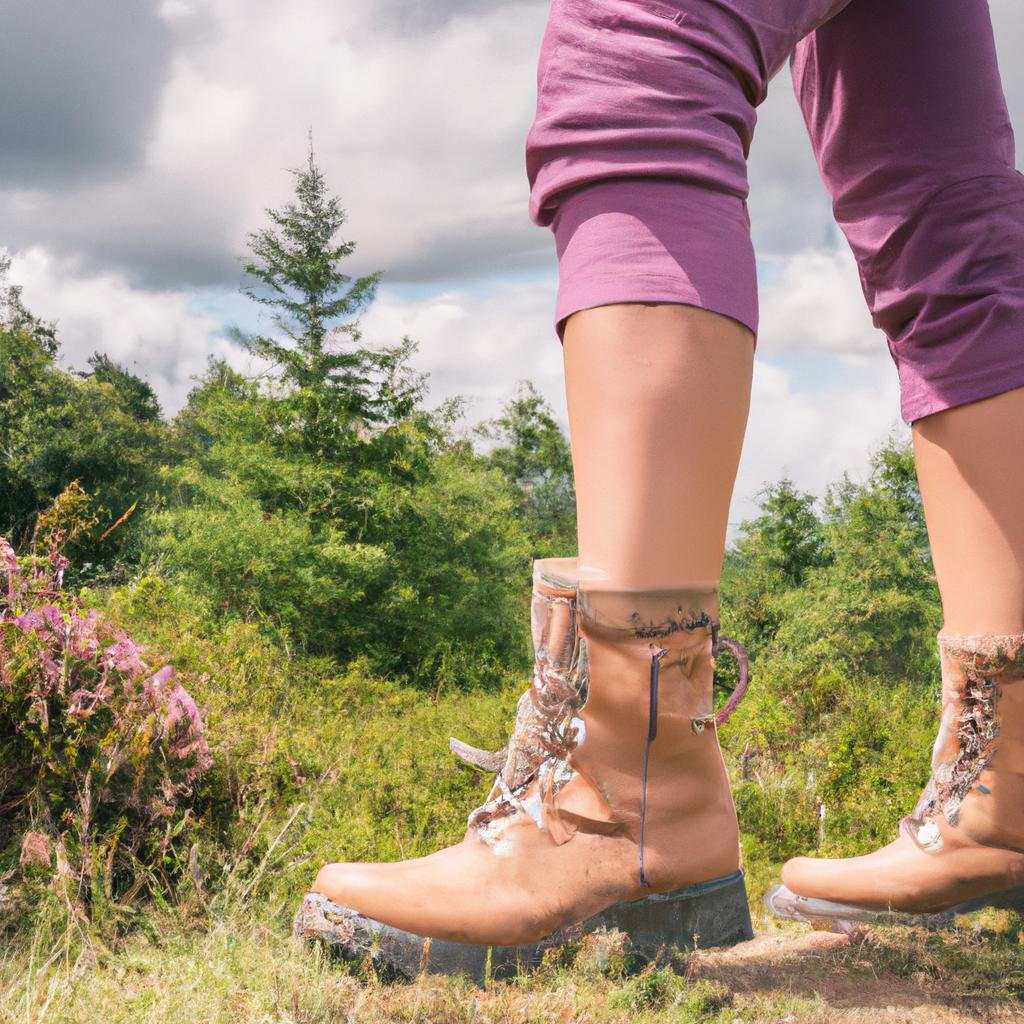
In a world brimming with trendy workout regimens and high-intensity fitness fads, one humble practice remains a steadfast ally in the quest for health and well-being: walking. “Step Into Fitness: The Low-Impact Power of Walking for Health and Wellness” invites you to explore this accessible yet transformative form of exercise. As you lace up your sneakers and step outside, you may discover that the simple act of putting one foot in front of the other can unlock a treasure trove of physical, mental, and emotional benefits. Whether you’re navigating city streets, tranquil parks, or familiar neighborhood paths, walking offers a unique blend of low-impact movement and gentle mindfulness. Join us as we delve into the science and stories behind walking’s remarkable ability to enhance fitness and nurture wellness, empowering you to cultivate a healthier lifestyle, one step at a time.
Exploring the Benefits of Walking for Health and Longevity
Walking, often underrated in its simplicity, serves as a powerful tool for enhancing physical well-being and promoting longevity. Engaging in regular walks contributes positively to cardiovascular health, decreasing the risk of heart diseases and stroke. The gentle rhythm of footsteps encourages blood circulation, which is essential for a robust cardiovascular system. Moreover, it supports weight management and metabolism by burning calories, helping to combat obesity while simultaneously improving your mood through the release of endorphins. **Incorporating walking into your daily routine can yield numerous health benefits, including:**
- Improvement in joint health and mobility
- Reduction of stress levels
- Boost in mental clarity and cognitive function
- Enhanced immune system response
The simplicity of walking is not only beneficial for the body but also serves as a delightful respite for the mind. Many find joy in connecting with nature, discovering new paths in their neighborhoods, or simply appreciating the fresh air that accompanies each step. **The psychological benefits extend beyond mood enhancement, as walking has been linked to decreased risks of anxiety and depression.** For those looking to track the effectiveness of their walking regimen, consider utilizing a table for monitoring your progress, such as time spent walking, distance covered, and steps taken. This practice encourages accountability and motivates you to maintain a consistent routine. Here’s an example of how you might structure your walking log:
| Date | Time (mins) | Distance (miles) | Steps |
|---|---|---|---|
| 01/01/2024 | 30 | 1.5 | 3,500 |
| 01/02/2024 | 45 | 2.0 | 4,500 |
| 01/03/2024 | 60 | 3.0 | 7,000 |

Incorporating Walking into Your Daily Routine for Maximum Impact
Integrating walking into your daily routine doesn’t have to be a daunting task. Start by **finding pockets of time** throughout your day, such as during lunch breaks or while waiting for appointments. Here are a few practical ways to seamlessly incorporate walking:
- Morning Routine: Take a brisk 10-minute walk before breakfast to energize your day.
- Commute Choices: If possible, walk or bike to work, or park farther away to include a walk to your destination.
- Social Walks: Instead of meeting friends for coffee, suggest a walking catch-up in a local park.
- TV Time: Substitute sitting on the couch by walking in place or around your living room during your favorite shows.
To reinforce your walking habits, consider **tracking your steps** using a pedometer or a smartphone app. Seeing your progress can motivate you to increase your daily walking goal. You could set a target for yourself, such as achieving a certain number of steps each week. Here’s a simple table to outline a potential weekly walking plan:
| Day | Steps Goal |
|---|---|
| Monday | 5,000 |
| Tuesday | 6,000 |
| Wednesday | 5,500 |
| Thursday | 6,500 |
| Friday | 7,000 |
| Saturday | 8,000 |
| Sunday | Rest Day |
Regularly reassess your walking routine, adjusting your goals as you progress. Each step counts towards a healthier lifestyle, transforming the mundane into a celebration of movement and vitality.

Choosing the Right Gear and Environment for your Walking Journey
When gearing up for your walking journey, the right equipment can make all the difference between a pleasurable experience and one fraught with discomfort. Start with a good pair of walking shoes that provide **ample cushioning** and **support**. Look for features such as moisture-wicking materials that keep your feet dry, and a non-slip sole for added stability. Here’s a quick list of essential gear to consider:
- Comfortable Walking Shoes: Cushioning and arch support are crucial.
- Moisture-Wicking Socks: Keep your feet dry to prevent blisters.
- Layered Clothing: Lightweight layers help you adjust to temperature changes.
- Hydration Gear: A water bottle or a hydration pack keeps you refreshed.
- Sun Protection: Sunglasses and sunscreen are essential on sunny days.
Equally important as choosing the right gear is finding a suitable environment that inspires you to lace up those shoes and hit the trail. Parks, nature reserves, and walking trails offer a serene backdrop that can rejuvenate your spirit while providing a safe and flat surface for your stride. A quick glance at the comparison between different environments can help you decide:
| Environment | Benefits | Considerations |
|---|---|---|
| Park Trails | Scenic views and greenery | May be crowded on weekends |
| City Sidewalks | Convenient and accessible | Busy traffic and noise |
| Lakeside Paths | Peaceful and calming atmosphere | Weather-dependent conditions |
| Forest Trails | Natural shade and cooler temps | Uneven terrain may require more effort |
Concluding Remarks
As we draw the curtain on our exploration of walking’s transformative potential, it’s clear that this simple act, often taken for granted, holds the key to a healthier and more vibrant life. Step by intentional step, walking not only strengthens our bodies but also uplifts our spirits, forging a unique bond between physical vitality and mental well-being. Whether you choose to stroll through your neighborhood, navigate a local park, or tread on a serene beach, remember that each footfall is a celebration of movement and a commitment to your health.
In a world where complexity often overshadows simplicity, walking invites us to embrace the uncomplicated yet profound. The beauty of this low-impact exercise lies in its accessibility—available to nearly everyone, regardless of age, fitness level, or experience. So, lace up your shoes and take the first step. Allow the rhythm of your footsteps to guide you toward better health, resilience, and happiness. The path to wellness is yours to choose, one step at a time.

